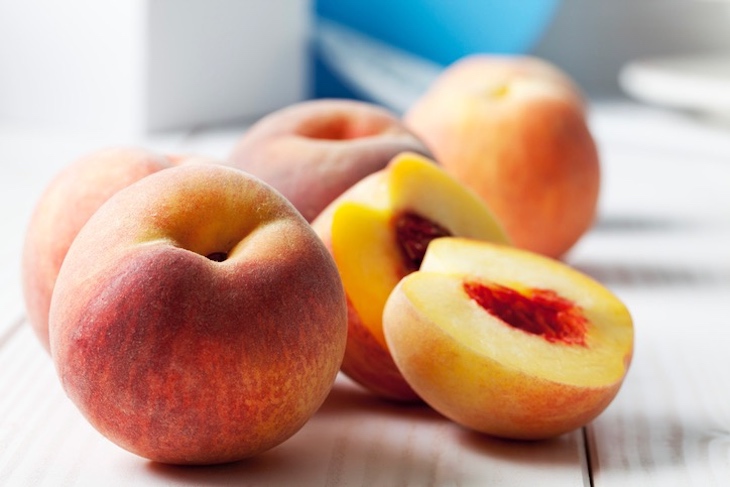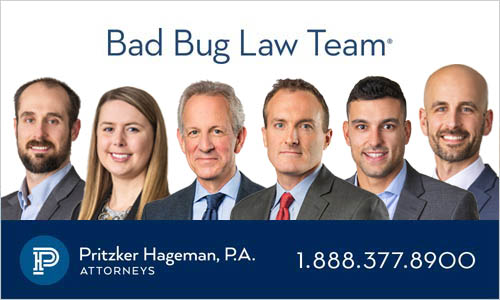The FDA has released information about its investigation into the 2020 Wawona peach Salmonella outbreak. Again, it seems that adjacent land use for animals, just like the conclusion about the deadly E. coli romaine outbreaks of 2018, may have been a contributing factor.

That outbreak sickened at least 101 people in 17 states, and 28 people were hospitalized because they were so sick. This was the first time a Salmonella outbreak was linked to fresh peaches in this country.
Epidemiological and traceback investigation determined that peaches packed by or supplied by a large grower/producer, Wawona, were the likely source of this outbreak. As a result of traceback, the FDA investigated peach packing/holding operations and peach orchards in Cutler, Kerman, and Sanger, California. Wawona cooperated with the FDA throughout the investigation and is still working with the FDA on its findings and recommendations.
The executive summary states that the investigation did not find the outbreak strain for the 2020 Wawona peach Salmonella outbreak, but many other Salmonella isolates were found in samples collected from the peach orchards. And the isolates taken from the peaches and peach tree leaf sampling genetically resembled historical chicken and cattle isolates not associated with this outbreak or any known foodborne illness. Geospatial analysis of the orchards that supplied the fresh peaches during the outbreak period suggested that there could have been airborne transmission of fugitive dust, possibly originating from adjacent poultry or cattle animal operations.
The positive tests were for Salmonella Alachua, which were linked to 2019 and 2020 chicken isolates. This finding initiated a follow-up investigation and a voluntary recall by the firm, which prevented the tested, contaminated product from reaching the market. Two tests of peach tree leaf samples collected from orchards next to a cattle feedlot yielded positives for Salmonella Montevideo that were genetically similar to 2018 – 2020 beef and cattle isolates.
These results reinforce the government’s concern about the impact that adjacent land use can have on produce safety. The FDA is recommending that there should be collaboration among various groups in the agricultural community, including operators of animal production, produce growers, government agencies, and academia, to address this issue.

If you or a loved one have been sickened with a Salmonella infection after eating recalled Wawona peaches, please contact our experienced lawyers for help at 1-888-377-8900 or 612-338-0202.




